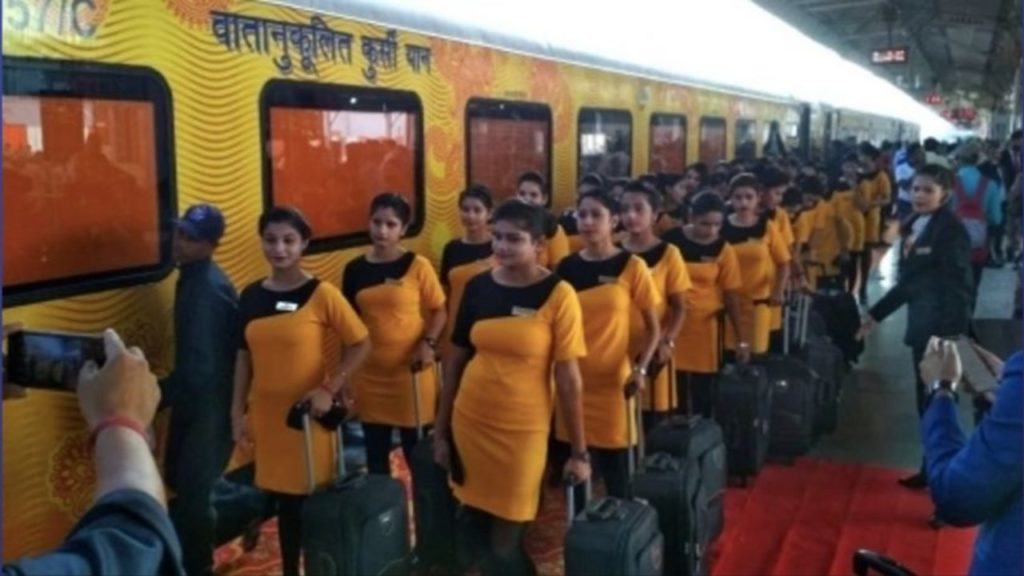Indian Railways Want 150 Private Trains On 109 Routes; Rs 30,000 Cr Investment Expected Via Privatization

Indian Railways has finally come through on its promise of opening up the operations of passenger trains to private companies.
Privatization of Indian Railways has initiated way back, and the first privately operated train, the Tejas Express, ran the tracks in September 2019 and it was a success. There also was news about important trains such as Shatabdi Express, Rajdhani Express, and some passenger trains to be privately run as well.
Find out all the details about the new developments by Indian Railways right here!
190 Pairs Of Routes To Be Handed Over To Private Companies; 151 Modern Trains To Be Introduced
The Ministry has recently invited qualification proposals from private companies to operate more than 190 pairs of routes and will be introducing 151 modern trains. As per the statement issued by a ministry, a private sector investment of about Rs. 30,000 crore has been made for the project.
As per reports, about 109 pairs original destination pairs of routes that have been segregated into 12 clusters across the rail network. Each train will have a minimum of 16 coaches.
The Indian Railways has said, “The objective of this initiative is to introduce modern technology rolling stock with reduced maintenance, reduced transit time, boost job creation, provide enhanced safety, provide world-class travel experience to passengers.”
Trains To be Made In India, Expected To Run At 160 kmph
As per reports, the trains will be designed to run at a maximum speed of 160 kmph, which means that there would be a significant reduction in the time of the journey. The time taken by a train to complete a journey will be comparatively faster than the fastest train of the Indian Railways that operates in the respective train.
The time period of concession for the project will be 35 years. The private companies that will be in charge of the railway will have to pay the Indian Railways fixed haulage charges, energy charges as per actual consumption, and a share in gross revenue determined through a transparent bidding process.
They will also be responsible for financing, procuring, operation, and maintenance of trains. Also, a majority of the trains will be made in India. The privatization of trains is a move by Indian Railways to reform the years old infrastructure and boost the growth of the national transporter. If private companies look after the trains, there is a possibility that trains will soon be a preferred mode of transport rather than the airlines.

Comments are closed, but trackbacks and pingbacks are open.